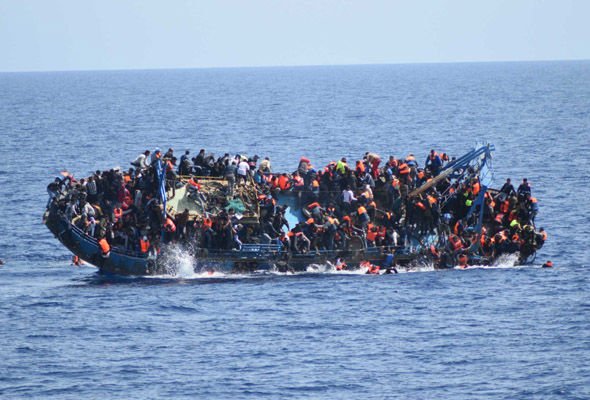Italy accused of bribing Libyan militias to stop migrants reaching Europe
AI Overview
Summary is AI-generated, newsroom-reviewed.
Until recently, the shores of Zawiya, west of Tripoli, were the crossroads for much of Libya’s human trafficking. But over the last few weeks, such trade has come to a standstill. Arrivals to Italy from North Africa have declined by more than half from last year’s figures, with Reuters reporting on
Read the full article for more on:
- Important insights and detailed analysis
- Expert commentary on current events
- Breaking developments and updates

Until recently, the shores of Zawiya, west of Tripoli, were the crossroads for much of Libya’s human trafficking. But over the last few weeks, such trade has come to a standstill. Arrivals to Italy from North Africa have declined by more than half from last year’s figures, with Reuters reporting on Monday that an armed group was […]

What readers are saying
Generating a quick summary of the conversation...
This summary is AI-generated. AI can make mistakes and this summary is not a replacement for reading the comments.









COMMENTS